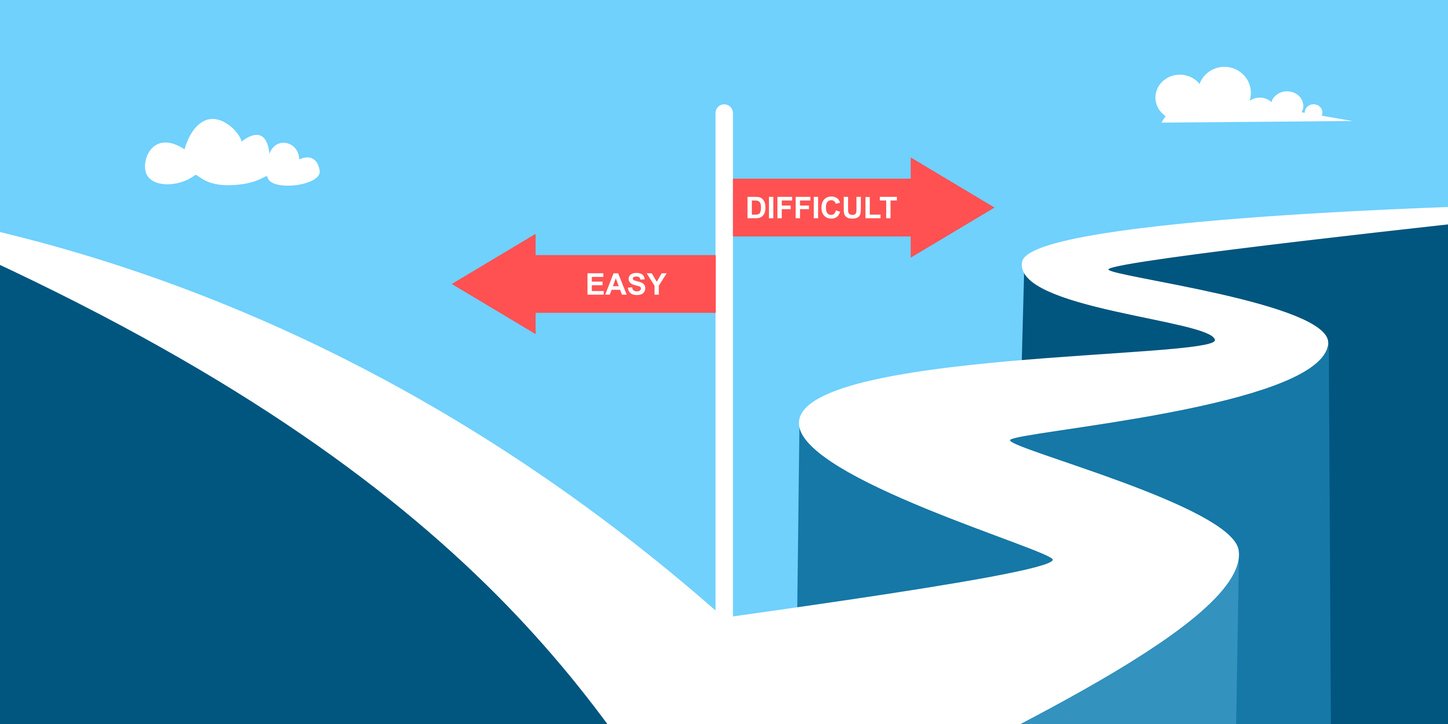 What we can learn about "brown-nosing" from our dogs.
What we can learn about "brown-nosing" from our dogs.
Do you have a dog?
If you do – how do you and your dog interact? Does your dog love you unconditionally when you get home after a hard day of work? Is it excited to see you? Of course they are! Dogs (and other pets) help you escape from reality and that's a good thing – when it's at home. It's costly when it is at work.
Are you sometimes more excited to see your dog than people in your life including family members?
Chances are – YES!
- Why is it that you love your dog unconditionally? Is it because it is unconditional?
- Why is it that you give more attention to your dog than family members who should be more important?
We have a dog. And quite frankly, I am not his biggest fan. His name is Boo and he is the dog from hell. Boo does things he shouldn't and I am not the most appreciative of his behaviors. In other words – his performance is quite low. Boo avoids me and I avoid him.
On the other hand, Boo loves my wife unconditionally and she loves him back.
Despite having all the toys and chew things he could desire Boo chews on stuff that is important to me and my wife. Yet because Boo is such an amazing "brown-noser", she forgives him. How can she not forgive something (or someone) as cute and cuddly as Boo who dishes out unconditional love all the time? I don't find his "brown-nosing" to be effective so it doesn't work for me. I want performance!
 I think dogs, without realizing it, are amazing "brown-nosers" in more ways than one. While a dog is a dog, what about "brown-nosers" at work? What does that cost organizations and teams?
I think dogs, without realizing it, are amazing "brown-nosers" in more ways than one. While a dog is a dog, what about "brown-nosers" at work? What does that cost organizations and teams?
Do you allow "brown-nosers" to perform at mediocre levels because you like them? Are you rewarding "brown-nosers" who give you unconditional love while turning a blind eye toward their performance?
I think there are a couple lessons here to learn here.
- We create our own reality about others (including dogs) – I am not particularly fond of Boo – so I look for "performance" transgressions – while my wife's fondness for Boo gives him freedoms that wouldn't otherwise be there. We see what we "look for" in others. If we expect bad, we get bad. If we expect good – we get the good.
- The second lesson is just as much human nature as the first. As a leader, are you enabling some to get away with poor performance because they are good "brown-nosers"?
How much is "brown-nosing" costing your organization?
Certainly one must consider the loss in productivity attributed to these underperforming "brown-nosers". These costs can't be understated as they add up quickly and are unlikely to change for the better with any degree of ease.
However there are some other costs that might not come so readily to mind. Think about what these "brown-nosers" are doing to the level of morale within your organization. Other team members are incredibly acute as to who is not pulling their weight, underperforming, and being favored by management. As these "brown-nosers" are allowed to underperform their workload must be shifted to others, which is likely to frustrate even the most loyal of employees.
These "brown-nosers" can quickly drive a wedge between top performers in an organization and management. This can cause considerable difficulties in communication between managers and those who take on the tasks assigned by managment. This wedge can also erode the level of trust employees put in their managers as well as seriously tarnish a manager's credibility.
The ultimate result these "brown-nosers" have on an organization can be devestating. As communication suffers and morale plunges the natural result is that employee turnover will start to increase. If left unchecked this upward trend in turnove can become an organizational epidemic!




